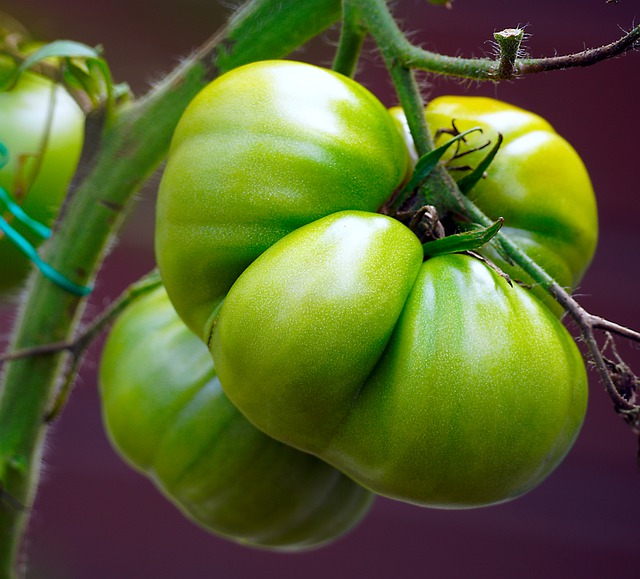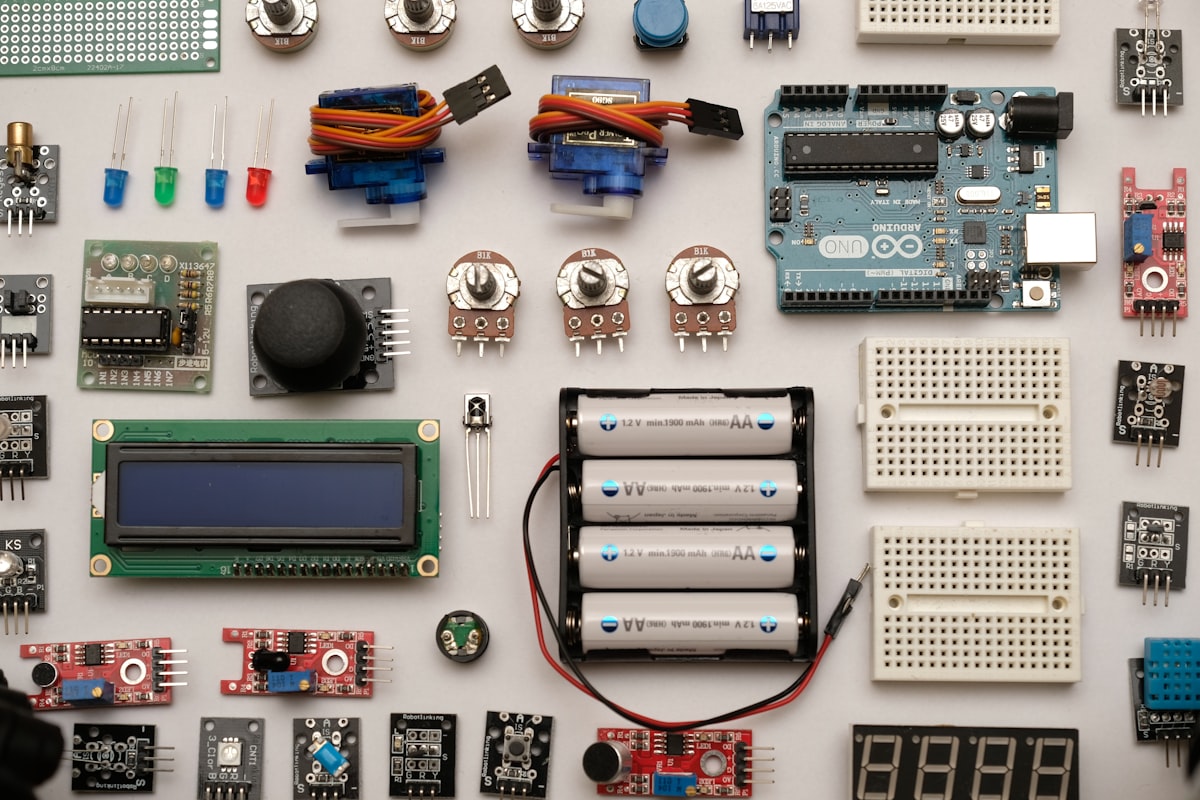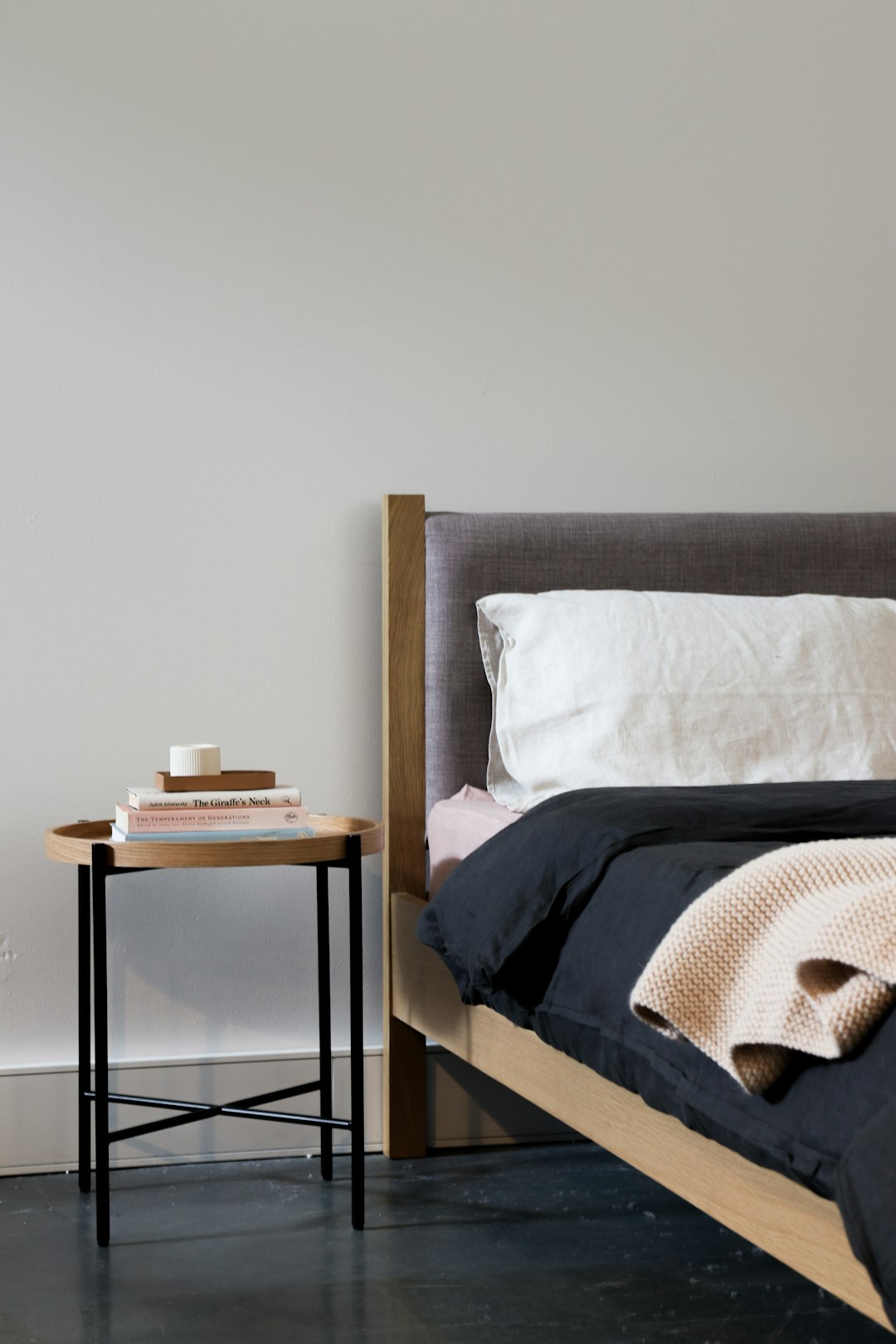In the world of organic gardening, there are plenty of great resources available to both new and experienced organic gardeners alike. There are many e-guides, books, videos, and other resources available. This set of tips contains some of the best advice for helping a good organic gardener become a great organic gardener.
Indoor plants have been bred over time to thrive in temperatures that are characteristic of a home. Most indoor plants like to be in about 70 degree temperatures, plus or minus 5 degrees. This level of heat is required in order for plants to grow. You can also buy a heat lamp to maintain ideal conditions for your inside plants during the winter.
If you have an organic garden and children, plant some everbearing strawberries for them. Children love to pick their own fruit right out of the garden, and will be more willing to help with the process if they get something out of it.
After your seeds sprout, the containers do not need to stay as warm as they once did. You should move your sprouted plants farther from the heat when they are past the sprouting stage. You should also remove plastic films that you had on your containers to keep the humidity and warmth out. Keep an eye on your seeds so you will know when this should be done.
If you are a fan of organic, sustainable gardening methods, consider leaving part of your backyard untouched so that natural plants and wildlife can flourish in the area. A natural area will allow beneficial birds and insects, many of which pollinate plants, to live on your property and help your garden grow stronger.
Using coffee grounds as part of your soil mixture in your garden is often advised for healthy plants. They contain nitrogenous nutrients which are essential to plant growth. Nitrogen is generally a way to make your plants grow bigger, better and faster.
It is simple to prepare your garden for perennial flowers. Use your spade to slice chunks of turf up, then flip each piece over, and spread wood chips on top to a depth of four inches. Let the area have about two weeks, then dig it and plan the new perennials.
Use a laundry basket to help you collect produce from your garden. The basket will make a great strainer when you wash your vegetables. While your freshly harvested fruits and vegetables are still in the basket, rinse them off and any excess water will run off through the laundry basket holes.
Have plastic bags on hand to put over dirty gardening shoes. Doing this prevents lengthy work interruptions, and allows you to finish the job quickly.
In your compost, use green and dried plants in equal parts. When you pull weeds from your garden, throw them in the compost. The same goes for vegetable trimmings and grass clippings. These are considered green materials. Dry materials, like sawdust, cut up wood pieces, cardboard, straw and shredded paper are good for your compost pile. Never use ashes, meat, charcoal, diseased plants or carnivorous animal manure in your compost pile.
Don’t underestimate pine as a great mulch. Some plants do better in soil with high acidity as they are highly acidic themselves. Use pine needles to increase the acid level in your soil if you have plants that require higher acid. Cover up your beds with a few inches of needles. As they start to decompose, they’ll spread out acid onto the ground and soil.

Ruffle the seedlings carefully with a piece of soft cardboard or your hands twice a day. This will make your plants grow faster and they will get bigger than they would have without this practice.
Add coffee grounds to your garden’s soil. Coffee has a lot of essential nutrients that plants need. This nutrient is often lacking in home gardens, and adding it will give you taller plants that bloom beautifully.
If slugs are an issue in your garden, a beer trap can make them go away. Dig a hole the size of a glass jar, and bury the jar with the top at ground level. Next, fill the jar with beer until there is only one inch left below the mouth of the jar. The scent of the beer will bait the slugs into the jar and they will become trapped.
Plant Material
A diversity of materials can be used to construct raised beds. These include brick, stone, and wood. If you choose wood, ensure that it has not been treated with a sealant or other chemicals. Cypress, cedar or locust wood are appropriate selections. Treated wood has chemicals that can be harmful to a vegetable garden. If you have already used lumber that is treated, you can line it with plastic or another type of barrier.
Your compost pile should contain green plants and dried ones in equal amounts. Green plant material can include items such as leftover produce waste, grass clippings and leaves. Sawdust, straw, cardboard, paper and wood pulp are all examples of dried plant material. Never use ashes, meat, charcoal, diseased plants or carnivorous animal manure in your compost pile.
The watering needs of your garden will vary considerably, depending on your climate zone and the time of year. Knowing how much to water your plants can be a difficult task. You will want to look into various things, such as time of day, quality of water and type of soil. Overzealous watering in an already humid climate can lead to leaf fungus. Water the plants root system thoroughly instead.
Do you prefer to eliminate weeds without the use of harmful chemicals? Pile newspapers on top of each other to kill weeds. Weeds require sunlight to grow. When you place layers of newspapers on top of them, the weeds will suffocate from the lack of light. The newspapers will break down over a period of time, and will become part of your compost. You can then add a mulch layer right on top so that it looks more attractive.
Use mulch to enhance the health of your soil. The soil can be greatly enhanced by adding a good layer of mulch to it. This protective effect is especially important during the summer, as it protects the roots from the effects of the heat. Mulch also slows the rate at which water evaporates, which improves your soil’s ability to retain moisture. It will also keep weeds under control.
After reading these tips, you can begin to understand what it takes to become a great organic gardener. There is a ton of information you should know, and you also should know how to use it. Use the tips here, do some further research, and try a few ideas of your own. You can enjoy a lovely organic garden quicker than you think.
A great thing about organic foods produced by organic gardens is their lack of pesticides. Though this is certainly a great thing for the health of your loved ones, it is important to watch for additional pests and insects that may be present.
Many people are interested in soft down alternative pillow soft
Hospital mattress protector
encasement mattress protector, but are unsure of how to learn more. This material will give you some great info about soft down alternative pillow soft
Hospital mattress protector
DAHUA 4K camera
DAHUA NVR P
encasement mattress protector. It is up to you to apply the ideas you have reviewed.















